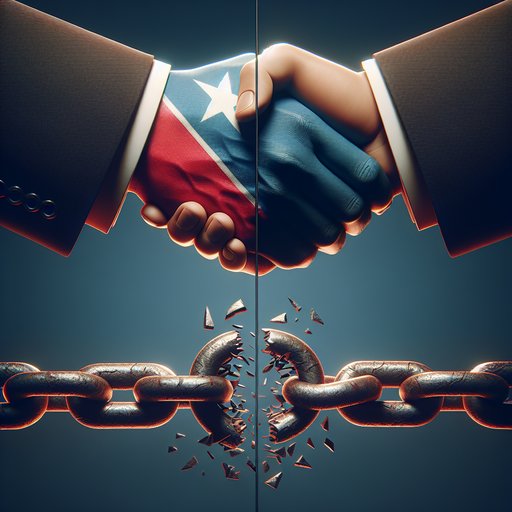
In a significant diplomatic development, France, Britain, and Germany have initiated direct talks with Iran on its nuclear program, marking the first such face-to-face encounter since recent escalations in the Middle East. These discussions, held in Turkey, come at a crucial juncture, as the specter of fresh sanctions looms over the negotiations. The renewed dialogue is seen by many as a key opportunity to ease current tensions and potentially pave the way for a broader diplomatic solution, even as the international community watches closely for immediate impacts on regional stability and prospects for compromise [1].
The latest round of nuclear negotiations revives a diplomatic channel that had been effectively suspended following heightened military activity in the region. As representatives from Iran and the so-called E3 group (France, Britain, and Germany) meet, expectations focus on whether Iran will signal a willingness to make concessions on its nuclear program. European officials regard this engagement as not just a test of Iran’s stance but also as a measure of their own influence amid growing calls for tougher measures should diplomacy stall [2].
The context for these talks is shaped heavily by ongoing debates within Europe on the effectiveness and timeliness of sanctions regimes. Humanitarian organizations, particularly in relation to other regional crises such as Gaza, have urged the EU to act more decisively, fearing that delayed or insufficient sanctions risk undermining the bloc’s credibility as a force for stability and justice [3]. For the Iranian dossier, the credible threat of renewed or more stringent sanctions is intended to reinforce the seriousness of European negotiators, hoping to encourage Tehran toward transparency and cooperation rather than confrontation.
While the outcome of these negotiations remains uncertain, early reactions suggest a cautious optimism among diplomatic circles. The mere resumption of direct talks after months of silence is being viewed as a positive step, with both sides showing restraint and a willingness to seek common ground. European mediators emphasize that their preference remains a negotiated settlement rather than a rapid escalation toward punitive measures, underlining diplomacy’s enduring relevance even in challenging times [1].
Nevertheless, the immediate impact of these sanctions threats and ongoing dialogue on the broader geopolitical environment is palpable. Financial markets and regional actors are already reacting with cautious adjustments, while international observers monitor the situation for signs of progress or backsliding. Should Iran respond positively, the negotiations could unlock further engagement and reduce the risk of conflict, setting a hopeful precedent for diplomacy elsewhere. If not, the prompt activation of new sanctions could exacerbate tensions, though European leaders express determination to keep channels of communication open as long as feasible [2].
























